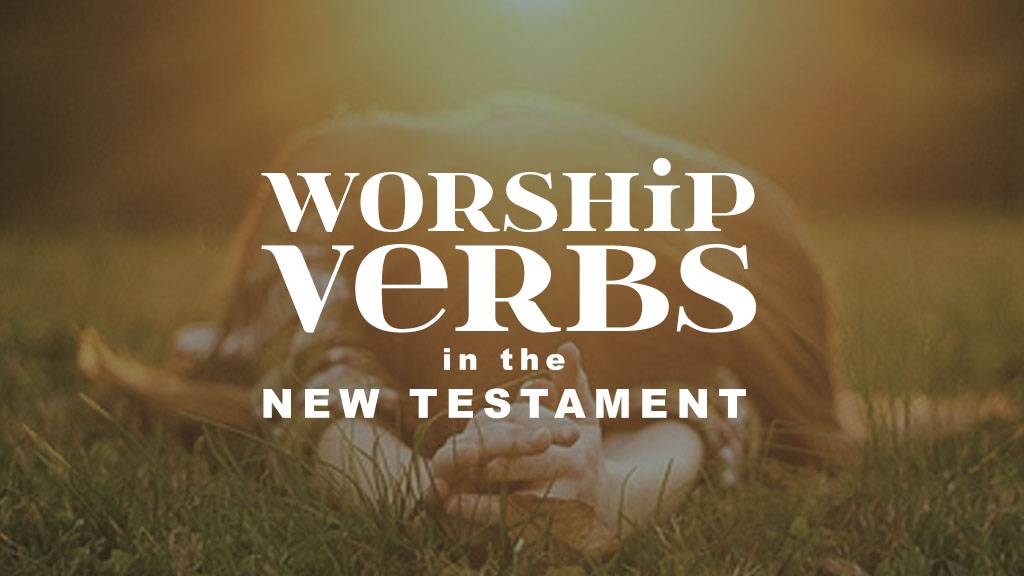The two primary Greek verbs used for “worship” in the New Testament are προσκυνέω (proskuneo) and λατρεύω (latreuo).
προσκυνέω (proskuneo)
Προσκυνέω occurs 60 times, and it generally has the idea of bowing down to pay homage. Such examples would be the Magi at the birth of Christ (Mat. 2:2, 2:8, 2:11) and the people who came to Jesus bowing and making a request (Mat. 20:20, Mark 5:6).
Here are 4 significant uses of προσκυνέω that imply more than just paying homage:
- In John 4:20-24, the Father seeks worshipers who worship in the Spirit and truth.
- In Acts 10:25-26, Peter refused worship from Cornelius on the basis that Peter was “only a man.” On the other hand, in Matthew 28:17, Jesus did not refuse Peter’s worship.
- 1 Corinthians 14:22-25 is the only reference to προσκυνέω in a formal worship meeting.
- In Revelation 22:8-9, the angel refused John’s worship and said, “Worship God!”
λατρεύω (latreuo)
Most of time the 21 occurrences of λατρεύω in the New Testament are translated as “serve.” This word would have been used in Greek contexts outside of Scripture to describe service of any workman or servant. In Jewish religious settings, it was used to describe the ministry of the priests in the temple worship (Luke 2:37).
Here are 3 significant uses of λατρεύω:
- When used outside of a temple context, λατρεύω seems to indicate a life of worship and service (Philippians 3:3, 2 Timothy 1:3). In Hebrews 12:28, the writer of Hebrews calls for believers to “offer to God acceptable λατρεύω, with reverence and awe.”
- Sometimes, προσκυνέω and λατρεύω occur together. “Worship the Lord your God, and serve him only” (Matthew 4:9-10). “They exchanged the truth about God for a lie and worshiped and served the creature rather than the Creator” (Romans 1:25).
- In Revelation 7:11 and 7:15 (see also Revelation 22:3 and 22:8-9) both προσκυνέω and λατρεύω will be at the throne of God in eternity.
______________
For more posts about Greek words, check out this break down of holiness and sanctification.







